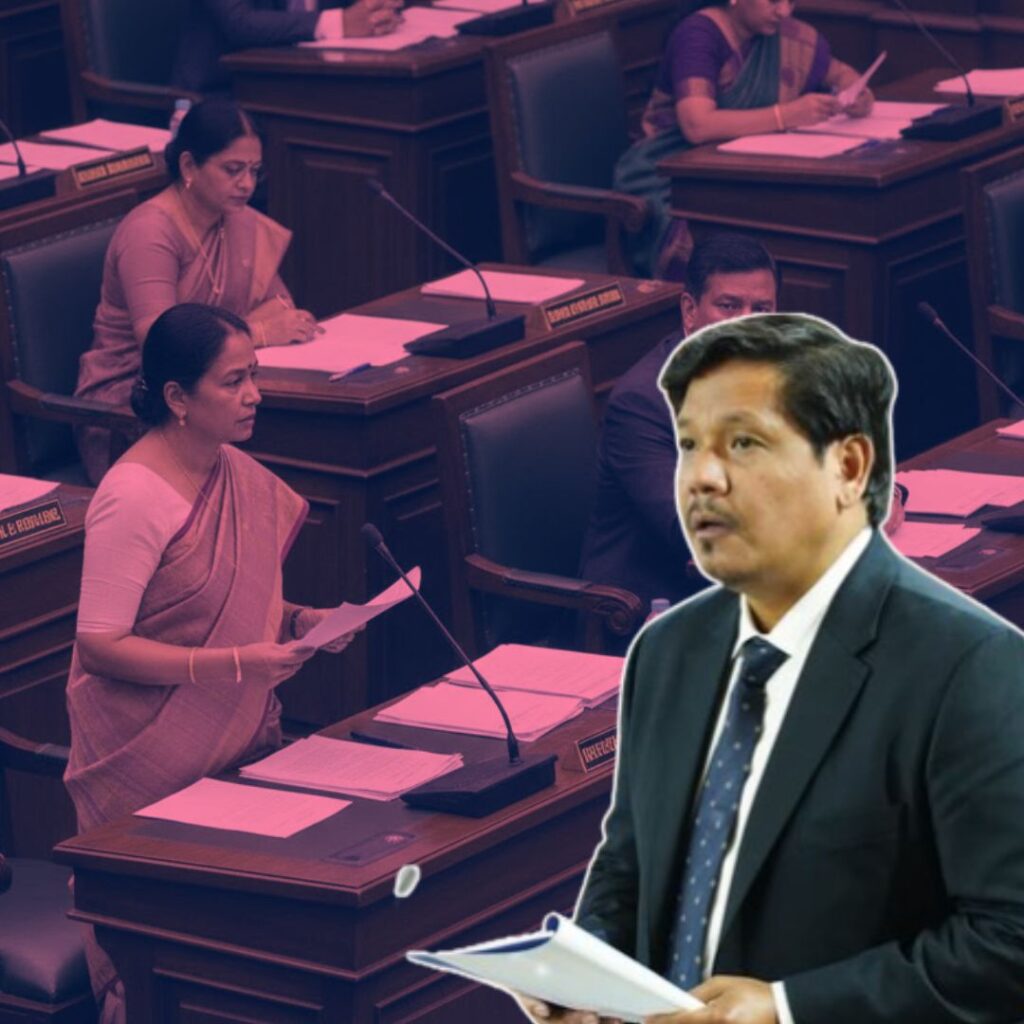The Telangana government is set to launch a pioneering Welfare Board for gig and platform workers, as announced by Labour Minister Vivek Venkataswamy in Hyderabad.
The draft Telangana Gig and Platform Workers (Registration, Social Security, and Welfare) Bill, 2025, will soon be presented to the Cabinet, aiming to provide social security, minimum wage guarantees, and legal protections for the state’s estimated 4.5 lakh gig workers.
A proposed 1–2% cess on platform transactions, to be paid by consumers, will fund the Board’s welfare initiatives. The government has incorporated 66 suggestions from stakeholders, and the bill is expected to be tabled in the next Assembly session, with the goal of setting a national benchmark for gig worker rights and protections.
A Collaborative Model for Social Security
Minister Vivek Venkataswamy, speaking at a high-level stakeholder meeting in Hyderabad, stressed the government’s commitment to a transparent and inclusive policy-making process. “The welfare of gig workers is not just an economic issue, but a matter of social justice,” he stated.
The proposed Board will oversee the registration of workers and platforms, the management of the welfare fund, and the rollout of insurance, pension, and health schemes. The 1–2% cess, described by the minister as “nominal and non-burdensome for consumers,” is expected to generate substantial resources for these initiatives.
The Board will comprise representatives from government, gig worker unions, platform companies, and civil society, ensuring that the voices of all stakeholders are heard.
Shaik Salauddin, founder of the Telangana Gig and Platform Workers’ Union, welcomed the move but urged the government to ensure genuine worker representation and enforceable rights, including fair pay, insurance coverage, and algorithmic transparency. “This is a historic step, but its success will depend on strong implementation and continuous dialogue,” he remarked.
From Policy Vision to Grassroots Impact
The draft bill is part of Telangana’s broader effort to address the vulnerabilities of gig workers, who often lack stable incomes, legal recognition, and basic protections. In December 2023, the state became the first in India to offer ₹5 lakh accident insurance to gig workers, a move widely praised by labour rights groups.
The draft legislation, released for public feedback in April 2025, covers a wide range of platform-based services from ride-hailing and delivery to domestic work and healthcare. It mandates quarterly contributions from aggregators and requires comprehensive registration of both workers and platforms.
The Welfare Board, to be headquartered in Hyderabad, will also develop targeted schemes for women, persons with disabilities, and other vulnerable groups within the gig workforce. The Chief Minister’s Office has emphasised that the final bill will reflect the concerns and aspirations of all stakeholders, with ongoing opportunities for public input.
The Logical Indian’s Perspective
Telangana’s initiative to establish a Welfare Board for gig workers is a forward-thinking response to the challenges of the digital economy. By prioritising worker voices, ensuring transparent governance, and creating a dedicated welfare fund, the state is setting a powerful example for inclusive labour reform.
The focus on algorithmic transparency, fair pay, and social security aligns with our values of dignity, empathy, and justice for all. As gig work continues to expand across India, how can other states and platforms build on Telangana’s model to create a more secure and equitable future for platform-based workers?












